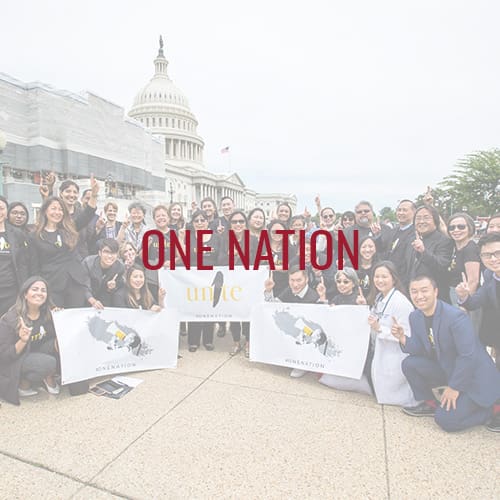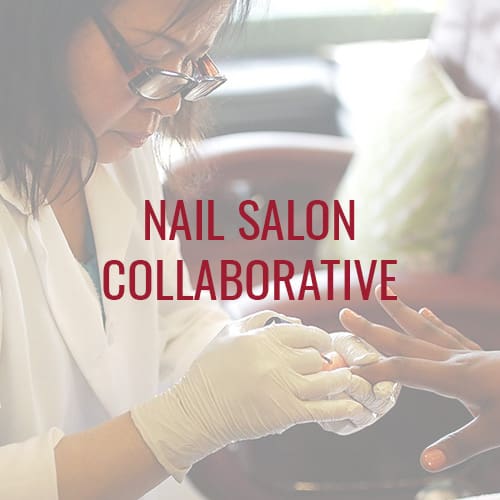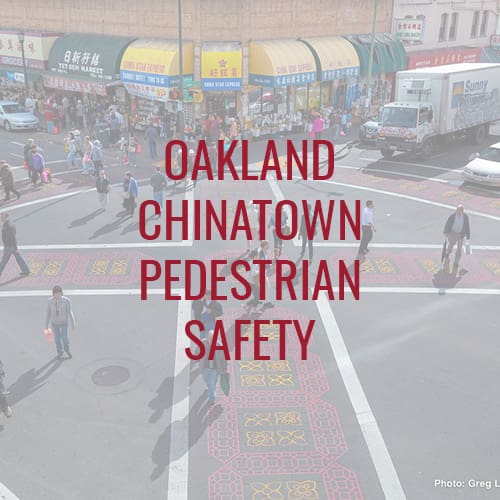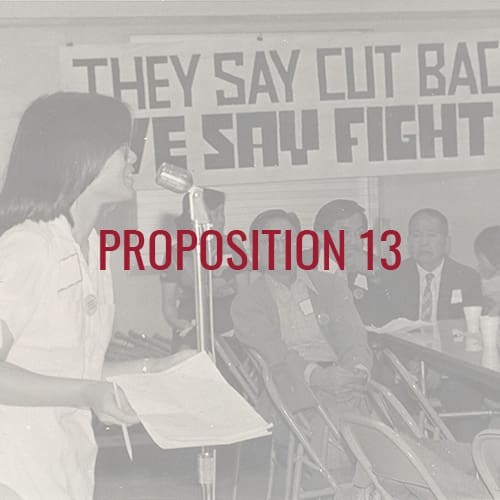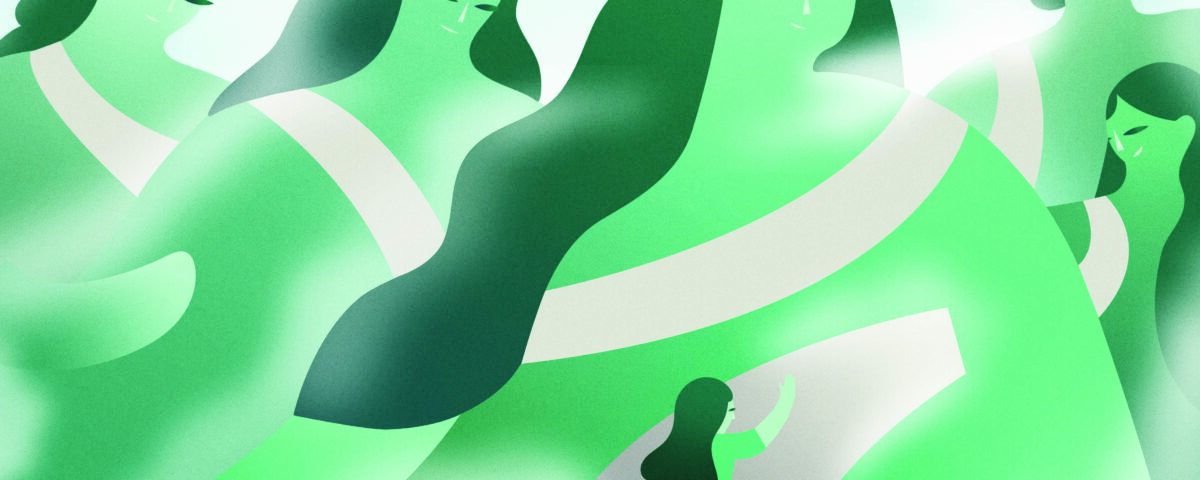
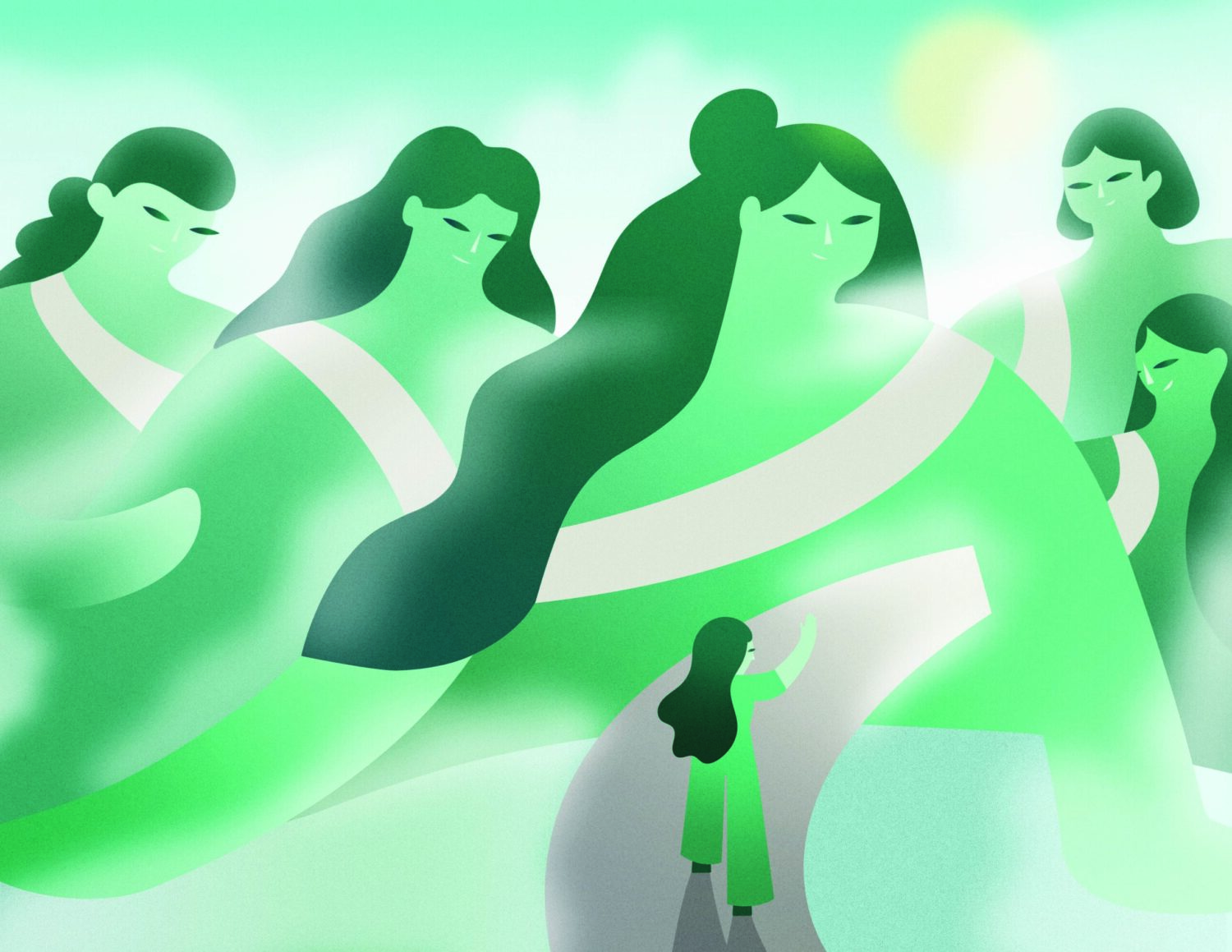
Dong Hua
When Dong Hua first moved to Oakland from Taishan, China, linguistic challenges and isolation made it difficult to make new connections. With support from AHS and AIWA, a community group, she not only grew her family but also built a supportive community far from home.
ROOTS & BEGINNINGS
Dong: I was born in China. Taishan, China, and then I grew up there.
Interviewer: What are your favorite memories of growing up in Taishan, China?
Dong: Oh, I love volleyball. It is my favorite. Taishan is known as the village of volleyball.
Interviewer: Did you grow up with any siblings?
Dong: Yes, I have a younger brother and younger sister.
Interviewer: Can you describe your neighborhood growing up?
Dong: Okay, at that time, the work there was very low pay, fortunately, the price there for food or grocery or whatever is low. So even though you have a low income, you still can afford the living. I appreciate the safety in the neighborhood. It’s very safe in that place. There’s a kind of very, very unique thing that happens after school: they just line up outside the school door, and keep lining up when it reaches your door, then you just go to your whole house. That’s cool. Yeah, it’s very cool. At that time, all the foods have to be acquired by a little, a little piece of certificate that’s saying the amount of meat, amount of sugar, amount of whatever vegetable, rice. And then you just, for example, it says one pound of rice. Then you, you just get one pound with that piece of paper. So it’s a kind of like distribution of food okay, so the amount is issued on the paper, if he says that, for example, for rice, if it’s 25 pounds, then that’s for your whole month. If you consume it earlier, then you will starve at the end. They also use this paper. And then if he says that you have just a six feet of cloth, then you just have that for that, that certain time, if, if somebody get married you, you give up that six feet of the cloth as a gift for the present, then that year or that month, or whatever limit of the time you don’t have clothes to make was that use instead of money, use that on team or actually, just a certificate. You bring it to show it is six feet, and they measure six feet, and then they’ll give you six feet, and then you pay the money, that is the amount that you get. So all this thing, all this daily living is controlled/
Interviewer: Do you remember where you lived in Taishan China? What did it look like?
Dong: Okay, it’s a it’s a block a house like three, three floors on in the middle of the city. We live there on a third floor. Now. It’s demolished, of course, and then rebuilt more than one.
Interviewer: Did you live with just your parents and siblings?
Dong: Yeah, five of them.
COMMUNITY IN OAKLAND
Interviewer: I know that you mentioned that when you came here, there was difficulty.
Dong: So at first, yeah, with the linguistic challenge, I felt lonely because I didn’t have new friends at school. No, no, very few, few schoolmates, and then all I know is the variety from the husband’s side. And then I felt lonely and wanted to go back to Taishan. But at that time, Taishan was just starting to develop. Still, here is more. Life is better. And at the same time, I got pregnant, so I had to settle down and start to have healthcare for the kid. So it’s just established here.
Interviewer: Is there anywhere now, like a neighborhood or place or group that you feel at home?
Dong: After, the baby was born, and then, as time went by, I got my paperwork, and then I applied for my parents over here, and they helped me to take care of the kid. And then, and then I have more time to go out to the community, so I started to join the women’s group AIWA. And there I started to join the communit group, and started that life there and then learn English. Know more people, understanding more about the community and those things around.
AIWA is doing is mainly helping those who are new to the United States, and then to help them to solve the problems, like when they fight for rights. If someone cheated in the work place, then they will go together to fight for justice and gain dignity.
AHS & HEALTH
Interviewer: What does good health look like to you?
Dong: Health means a lot to me. Like with good health, you can do your job well, and then you can do other things well, and keeping yourself healthy is important, like exercising and then the nutrition, nutrition foods with nutrient and especially the doctors are very preventive, and they will take care of you and do a lot of tests or prevention. Then once thing, once they find out you have some suspicious thing, they will send you out for a test or or or imaging. So that will keep you healthy, because if, if it’s too late, it’s, it’s, it’s horrible. So that kind of life, see, and then all the doctors who will tell you how to keep yourself healthy, and then the like observing you or taking care of you, that’s, that’s, that’s the meaning of good health. Here, balance of nutrition. Here is very different from China. In China we won’t go to see a doctor when you’re sick, so, but here you see the doctor, like, follow up, follow up with it, and then they’ll take care of you. And then in China, maybe now they have this kind of preventive care, but here it is very, very good. And then you know, whatever happened to your body and how to keep us healthy.
Interviewer: How did you learn about Asian Health Services?
Dong: When I got pregnant, people told me that Asian Health Services provides the prenatal and pregnancy kind of care. So if you go to other hospitals, they don’t have the language provided, if so, then they will let you wait for a long time to find someone to speak your language, to interpret for you. But when you come to the United States you come to Asian Health, then you get all the language, patient language that provides so you don’t waste time, and then you don’t, you don’t need to worry about the language. You just come and then they will help you for all the whole whole process of that pregnancy until you give birth.
Interviewer: Do you remember what year that was?
Dong: At the end of 1994. Asian Health Service clinic is in the ARC on Ninth Street, and then not here, the restaurant at that time.
Interviewer: After you gave birth, did your son go to AHS?
Dong: Yes
Interviewer: In what ways do you feel like Asian Health Services supports you and your family?
Dong: I don’t know what words to describe Asian Health Services, which is so good that all my family members are members of Asian Health Services, like me, husband, two kids, my mother in law, father in law, and everyone in the family are members of this Asian Health Services. And then not until my sons got into college, they got their college insurance, health insurance all the time there with AHS.
Interviewer: I know that you mentioned you came here when you’re pregnant because the hospitals didn’t provide in language care. What does having care in language mean for you? Why is receiving service in language important?
Dong: There’s no worry to come to Asian Health Services, because if you go to a hospital and you have to, number one, you don’t know the language. And then if they speak English, I don’t know all the terms and what I should do. And if they find an interpreter for me, it takes a long time. And then, the worst thing is if, if I need, if I need an interpreter, then I will have to ask my relatives or friends to come accompany me to be an interpreter. But it’s hard for their schedule, so it will. It will be taking a long time to arrange all this, but then coming to Asian Health is no worry. Just come here, and then somebody will just interpret for you. And you know what happened?
Interviewer: How does it make you feel to be able to have your health care in Toisanese?
Dong: Yeah, when I did, there’s a period of time, a short period of time that I went to Kaiser with the Kaiser insurance, and then I experienced that whenever I went there, they had to call for an interpreter on the phone. But then it’s it’s sentence by sentence at that time, it takes a long time, and also sometimes it takes a long time to find you speak your language interpreter. So that’s not happy at all.
Interviewer: How has AHS helped you maintain good health?
Dong: Yeah. Asian Health Services is great. I like the same day service when I have something urgent and they will open up and find a slot for me to come on the first on the same day. That’s number one. And then the second thing is, whenever the doctor finds out something wrong or suspicious, they know where to send you. And then the place maybe can speak your language, or they have good services for you and that can help us to maintain our health immediately.
Interviewer: Then last question I have for you, what is some health advice you can give to future generations?
Dong: So I advise my kids, first thing is to have a balanced diet and then exercise. Then whenever you don’t feel well, you need to tell the family or the parents, so they can bring you to the doctor.
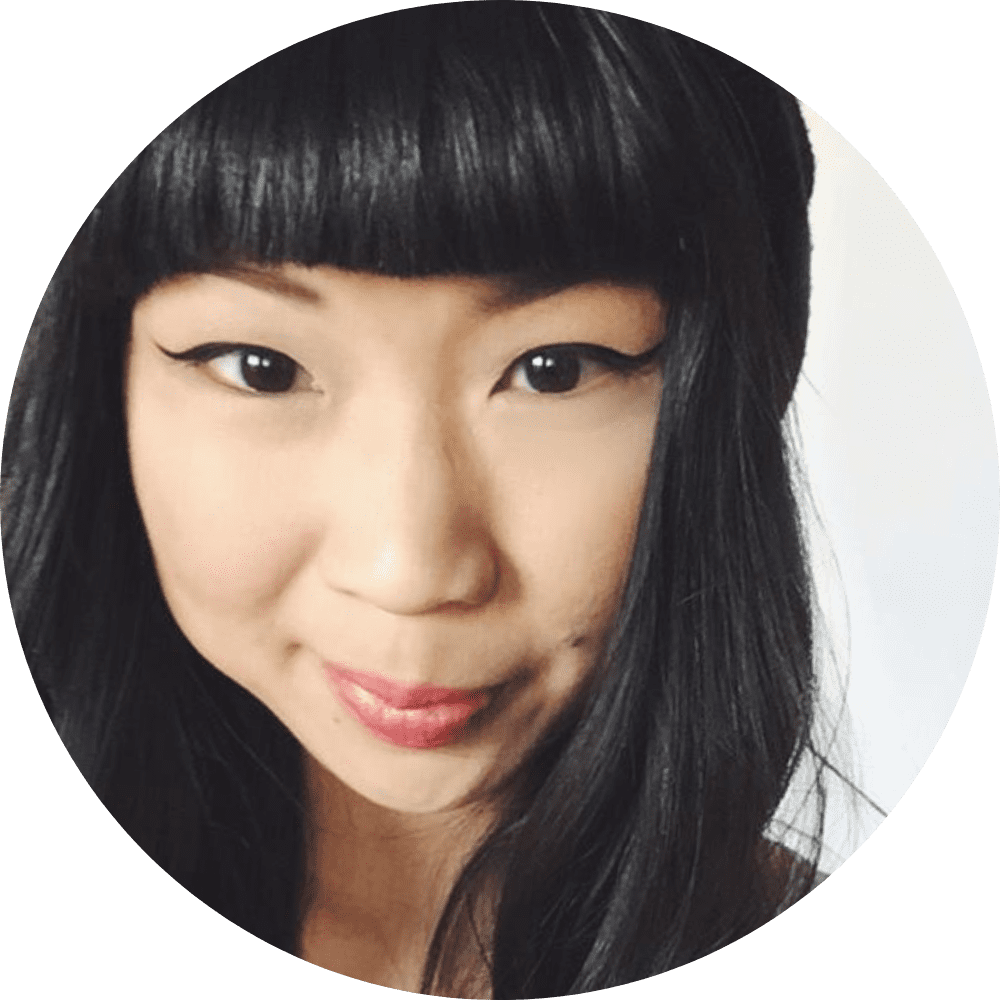
Kimberly Mar
Kimberly Mar is an artist born and raised in the Bay Area, currently living in San Francisco.

